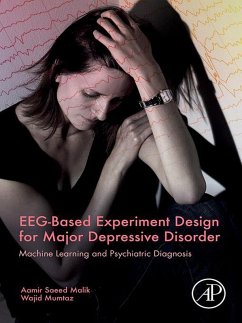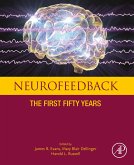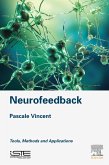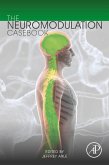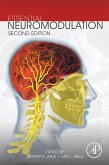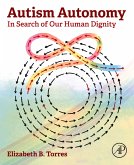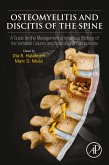EEG-Based Experiment Design for Major Depressive Disorder: Machine Learning and Psychiatric Diagnosis introduces EEG-based machine learning solutions for diagnosis and assessment of treatment efficacy for a variety of conditions. With a unique combination of background and practical perspectives for the use of automated EEG methods for mental illness, it details for readers how to design a successful experiment, providing experiment designs for both clinical and behavioral applications. This book details the EEG-based functional connectivity correlates for several conditions, including depression, anxiety, and epilepsy, along with pathophysiology of depression, underlying neural circuits and detailed options for diagnosis. It is a necessary read for those interested in developing EEG methods for addressing challenges for mental illness and researchers exploring automated methods for diagnosis and objective treatment assessment.
- Written to assist in neuroscience experiment design using EEG
- Provides a step-by-step approach for designing clinical experiments using EEG
- Includes example datasets for affected individuals and healthy controls
- Lists inclusion and exclusion criteria to help identify experiment subjects
- Features appendices detailing subjective tests for screening patients
- Examines applications for personalized treatment decisions
Dieser Download kann aus rechtlichen Gründen nur mit Rechnungsadresse in A, B, BG, CY, CZ, D, DK, EW, E, FIN, F, GR, HR, H, IRL, I, LT, L, LR, M, NL, PL, P, R, S, SLO, SK ausgeliefert werden.
Hinweis: Dieser Artikel kann nur an eine deutsche Lieferadresse ausgeliefert werden.

